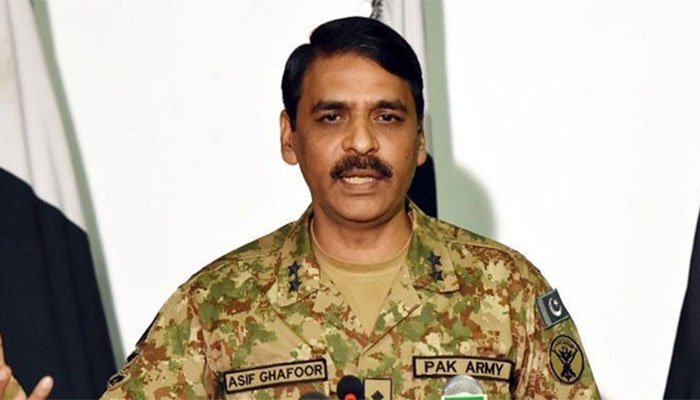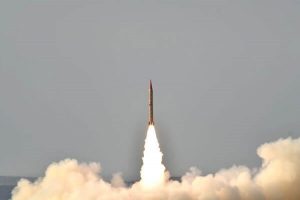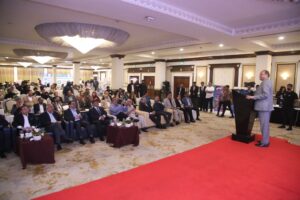Indian army using cluster bombs at LoC: ISPR
3 min read
No weapon can suppress determination of Kashmiris: DG ISPR
RAWALPINDI: The Indian army has been using cluster bombs to target civilians along the Line of Control (LoC), said Director General Inter-Services Public Relations (ISPR) Maj Gen Asif Ghafoor here on Saturday.
He said on Saturday that no weapon can suppress the determination of Kashmiris, adding that the struggle of Kashmiris will succeed.
“Indian Army uses cluster ammunition along LoC deliberately targeting Civilian population. This is a violation of the Geneva Convention and international humanitarian law,” the military’s media wing said in a statement.
“Indian Army on night July 30th/31st targeted innocent citizens including women and children in Neelum Valley through Artillery using cluster ammunition. Resultantly two civilians including a four-year-old boy martyred while 11 got critically injured,” ISPR added.
The statement further said, “Because of severe impact on non-combatants, use of cluster ammunition is prohibited under Convention on Cluster Ammunition. This blatant Indian aggression against all international norms exposes the true character of the Indian Army and their moral standing.”
Cluster munitions, or cluster bombs, are air-dropped or ground-launched explosive weapons that releases smaller ‘bomblets’ over a wide area. They pose serious risks to civilians during and after attacks, as the unexploded bomblets can kill or maim civilians long after a conflict has ended, and are costly to locate and remove.
According to the International Committee of the Red Cross (ICRC), cluster munitions “kill and injure large numbers of civilians and cause long lasting socio-economic problems”.
“The 2008 Convention on Cluster Munitions prohibits the use, production, stockpiling and transfer of cluster munitions and requires States to ensure that they claim no further victims,” says the ICRC.
The ISPR said it was time for the international community to take notice of India’s “blatant violation of international laws on the use of cluster ammunition targeting innocent citizens”.

The DG ISPR in a tweet said that the use of cluster bombs by the Indian army, in violation of international conventions, is condemnable.
“Use of cluster bombs by Indian Army violating international conventions is condemnable. No weapon can suppress determination of Kashmiris to get their right of self-determination. Kashmir runs in blood of every Pakistani. Indigenous freedom struggle of Kashmiris shall succeed, IA,” he tweeted.
Recently, the Indian government warned of the threat of “terror” attacks in the occupied valley.
Using the threats as justification, the Indian government called in thousands of military reinforcements to the Himalayan territory. The Indian government has admitted that 10,000 extra troops were sent to Occupied Kashmir a week ago, but media reports Friday said a further 25,000 had been ordered there. The government has declined to say how many are in the new reinforcements.
Threat to scrap Occupied Kashmir’s special status:
Kashmir politicians have raised fears that the additional troops are a sign that the Hindu nationalist Bharatiya Janata Party (BJP) government could carry out a threat to scrap Occupied Kashmir’s special status under the Indian constitution.
Recent official orders, including the one on Friday, have triggered rumours that the BJP government is planning to remove Article 35A, which prevents people from outside buying property or claiming government jobs in Occupier Kashmir.
Political leaders in the territory have warned that cancelling constitutionally guaranteed rights could spark unrest.
Former Jammu and Kashmir chief minister Mehbooba Mufti said India “has chosen territory over people”, and “seems to be preparing to rob them (Kashmiris) of whatever little is left to protect their unique identity”.
“Such a move will have catastrophic consequences and push Kashmiris to the brink,” she said on social media.






